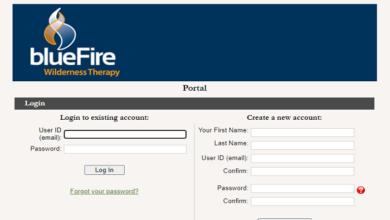Egramswaraj: Empowering Citizens Through Digital Government

In today’s digitally interconnected world, governments are increasingly turning to technology to improve service delivery, enhance citizen engagement, and promote transparency and accountability. In Bangladesh, the concept of egramswaraj, or “digital governance,” has emerged as a key strategy for achieving these goals.
What is Egramswaraj?
Egramswaraj is a comprehensive approach to digital governance that encompasses the use of information and communication technologies (ICTs) to streamline government processes, empower citizens, and foster inclusive development. It is based on the principles of participation, transparency, and accountability.
Key Pillars of Egramswaraj
Egramswaraj rests on several key pillars:
-
Digital Infrastructure: Building a robust and accessible digital infrastructure is essential for enabling egramswaraj initiatives. This includes providing access to broadband internet, mobile networks, and other ICTs.
-
Digital Services: Delivering government services online can significantly improve efficiency, convenience, and accessibility for citizens. Online services can range from simple tasks like paying bills to more complex processes like applying for permits or licenses.
-
Digital Literacy: To fully reap the benefits of egramswaraj, citizens need to have the necessary digital literacy skills. This includes understanding how to use computers and the internet, as well as how to access and utilize online government services.
-
Data Governance: Managing and utilizing government data effectively is crucial for informed decision-making and service delivery. Egramswaraj initiatives should incorporate strong data governance frameworks to ensure data security, privacy, and accessibility.
Benefits of Egramswaraj
Egramswaraj offers a range of benefits for both citizens and the government:
For Citizens:
-
Improved Access to Services: Egramswaraj makes it easier for citizens to access government services, regardless of their location or time constraints.
-
Enhanced Transparency and Accountability: Online platforms provide citizens with greater access to information about government activities, promoting transparency and accountability.
-
Increased Participation: Egramswaraj initiatives often incorporate citizen feedback mechanisms, allowing citizens to participate more actively in decision-making processes.
For Government:
-
Improved Service Delivery: Egramswaraj can streamline government processes, reducing costs and improving efficiency in service delivery.
-
Enhanced Citizen Engagement: Digital platforms can facilitate better communication and engagement between citizens and the government.
-
Data-Driven Decision-Making: Egramswaraj initiatives can generate valuable data that can be used to inform evidence-based decision-making.
Egramswaraj in Bangladesh: A Case Study
Bangladesh has made significant strides in implementing egramswaraj initiatives. The government has established a comprehensive e-governance policy framework and has invested heavily in developing digital infrastructure. As a result, a wide range of government services are now available online, and citizens are increasingly using ICTs to interact with the government.
Conclusion
Egramswaraj holds immense potential to transform the way governments operate and interact with citizens. By leveraging ICTs to improve service delivery, enhance transparency, and promote citizen participation, egramswaraj can contribute to inclusive development and good governance. Bangladesh’s experience with egramswaraj serves as a valuable case study for other countries seeking to adopt digital governance strategies.




